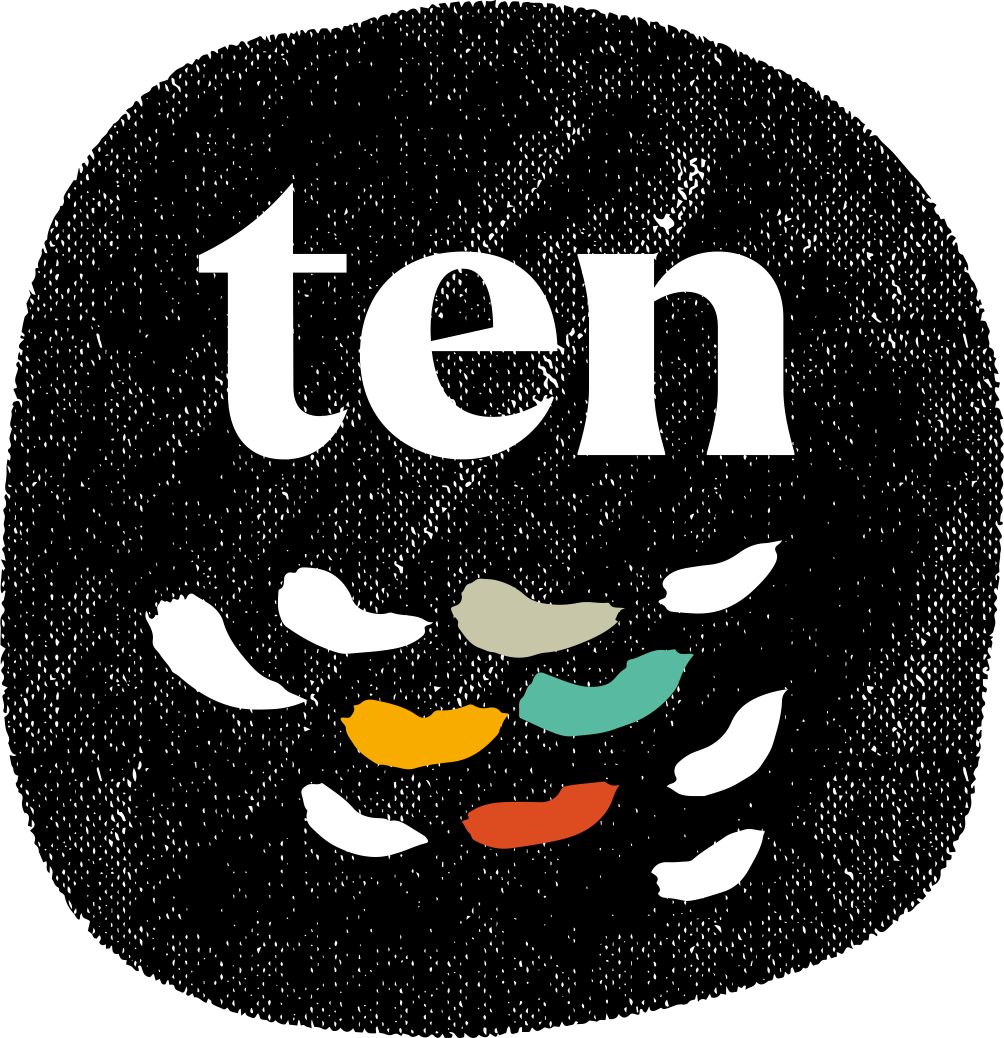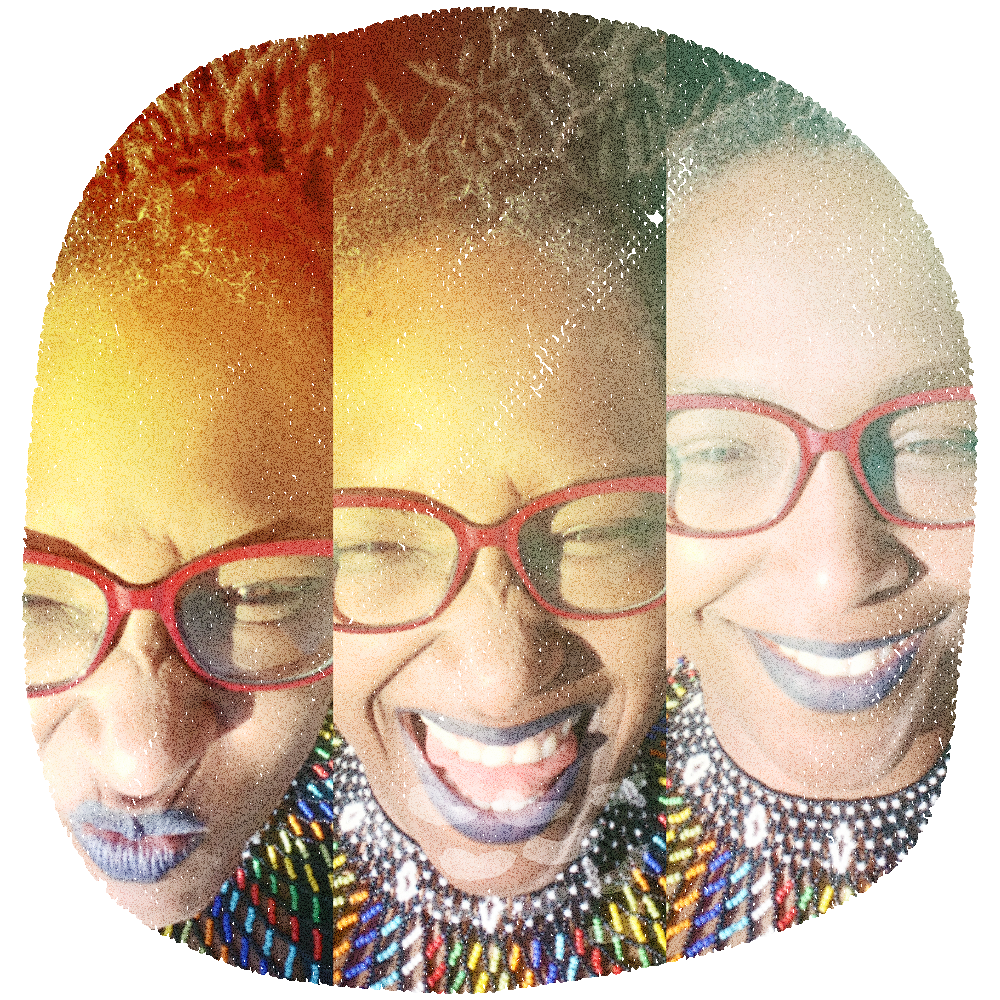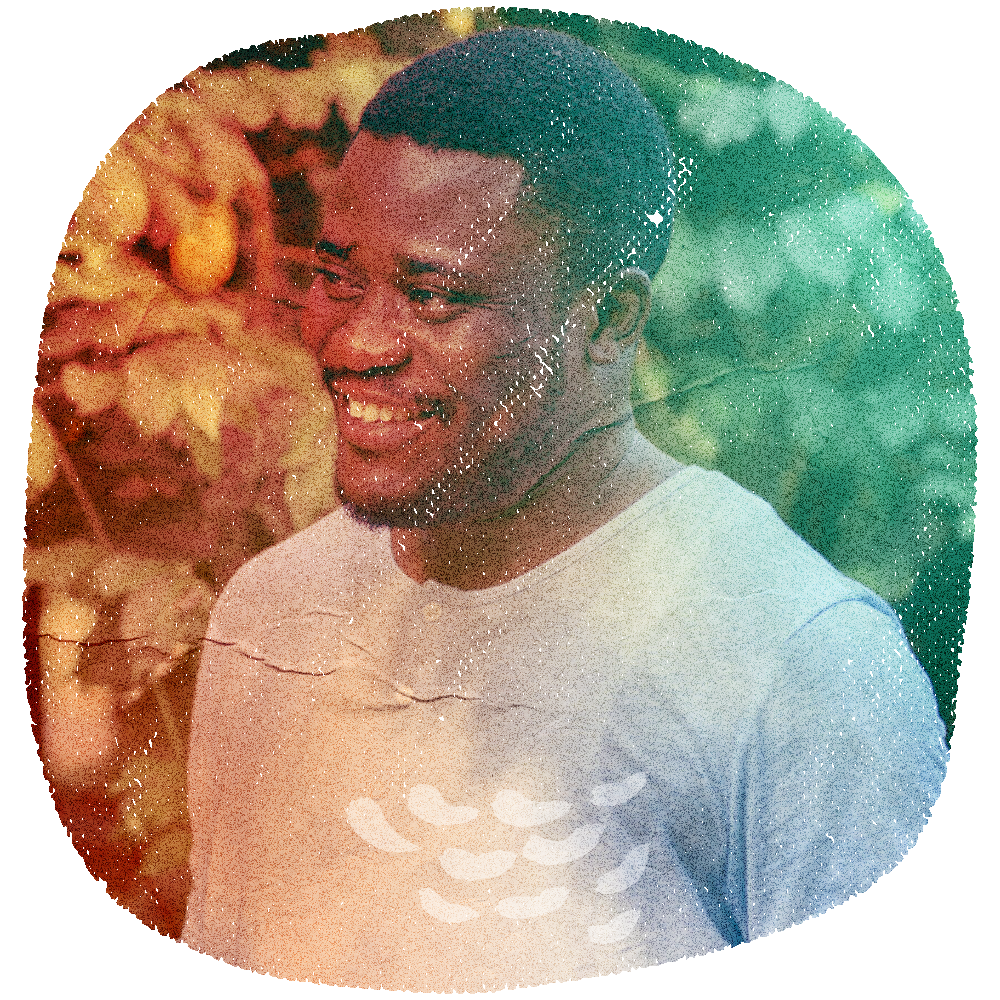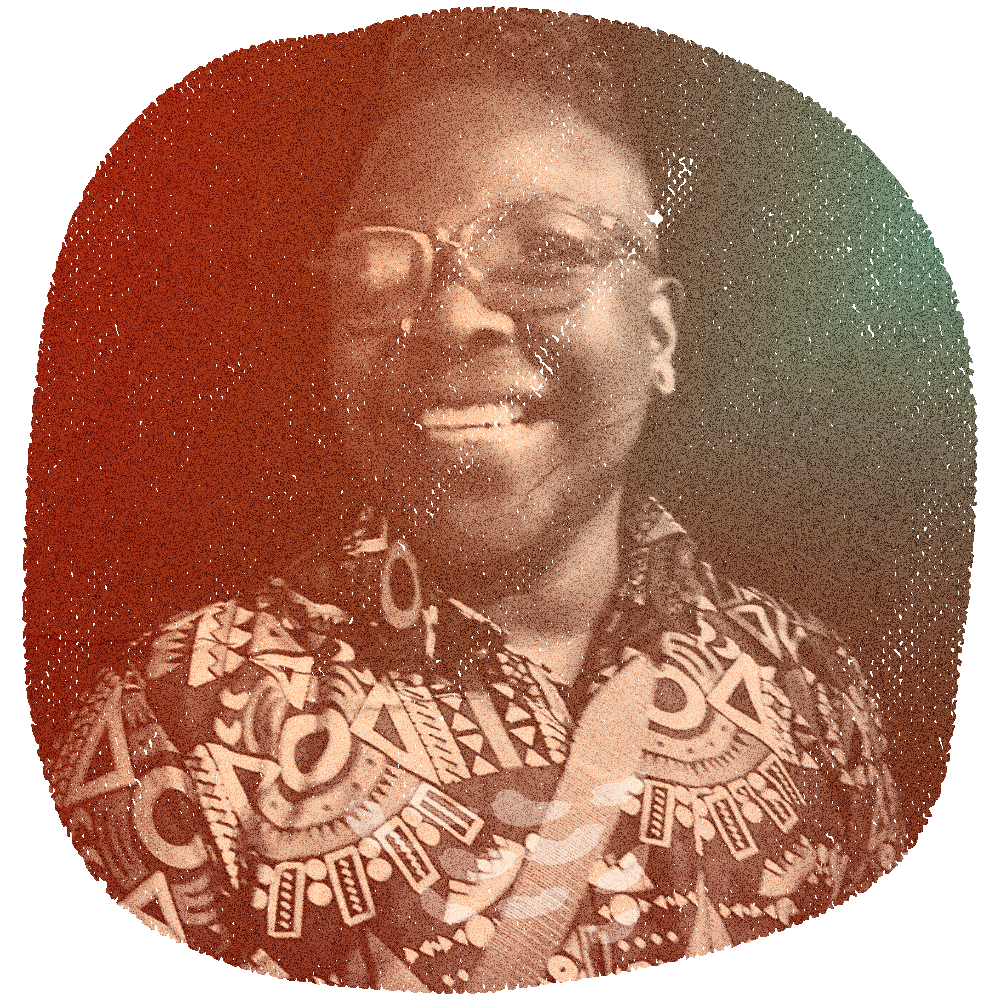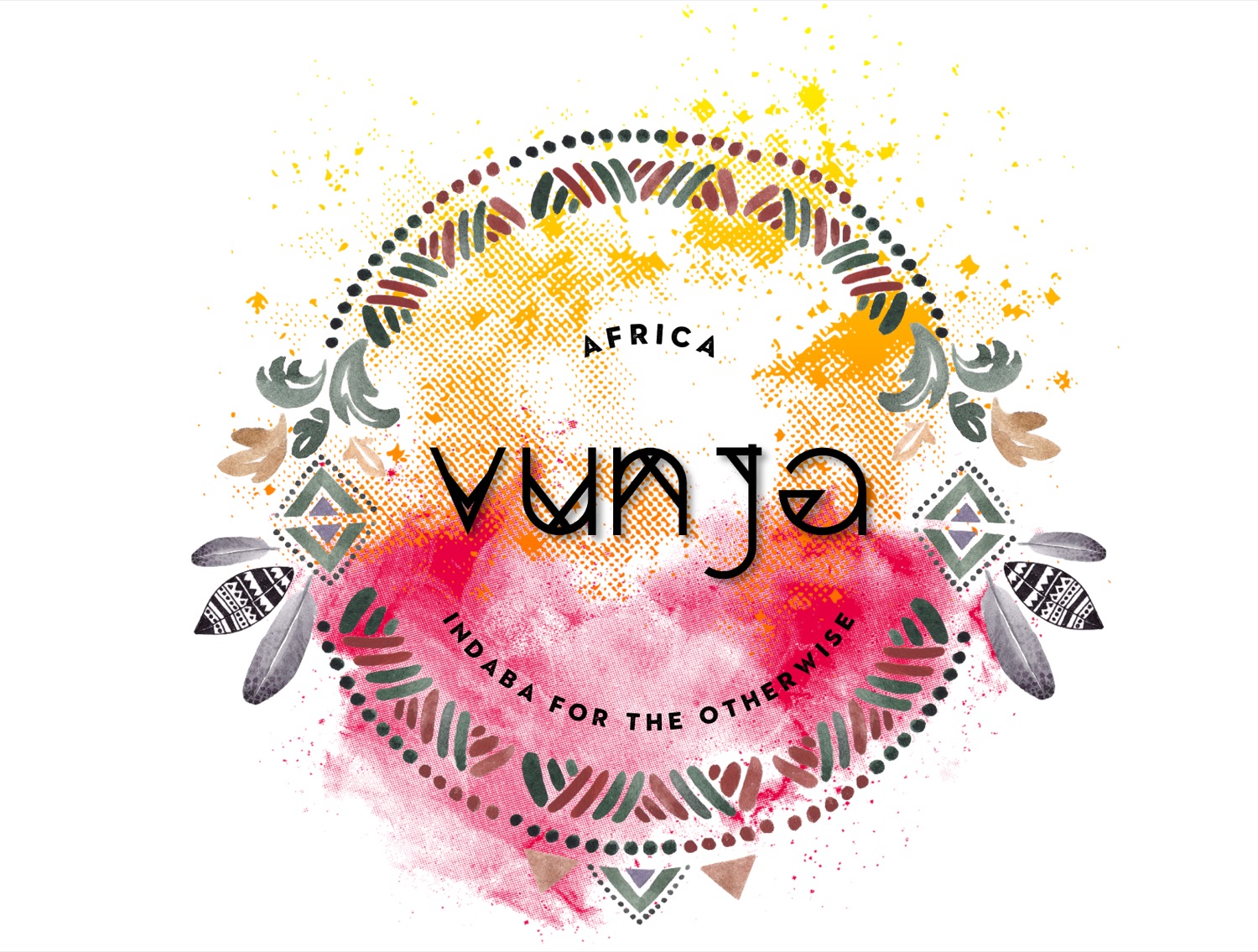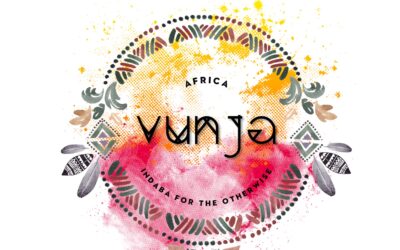
The Premise of Vunja!
Much has been written about the troubles of our days, about climate change and ocean acidification, about the failing promises of modernity, about the hollowness of jobs, about the failures of our political systems, about migration and the controversial rise of weaponized walls, about the colonial legacies of schooling, about poverty, property and human rights. To these connected crises, modern nation-states and institutions offer temporary relief: the spectacle of a “better future” via citizenship.
Hope in this future – a future of sustainable development, of justice, of prosperity, and of technological ease – rises and falls on the presumption that this future is universally desirable, and that the present socio-political arrangement merely needs minute adjustments or reform in order to be radically inclusive. Even the most transformative proposals along the political spectrum rest on the same assumptions that power the modern nation-state and its processes of creating subjects. As such, most activist work is framed in terms of increasing inclusion and reducing exclusion – about letting more people into the halls of power.
But should we strive to get a larger piece of a carcinogenic pie? Aren’t there other places of power and other gestures towards emancipation beyond being included in troubling definitions of ‘humanity’? What is often not noticed is the contingency of business-as-usual and the violence embedded in the everyday. What is often not said loudly enough is that this hope in a “better future” hides stunning costs: the bodies and lives of the marginalized, racialized, not-quite-human ‘others’ at the margins, the New World plantations, the refugee camps, the favelas and slums. The broken bodies of the marginalized subsidize our global political order, and the state – by its very dynamics of upholding a particular notion of what it means to be properly human – continues to generate the conditions of exception it ‘pretends’ to seek resolutions to. It is towards these bodies and their carnal accounts that we now turn.
With Vunja, we are asking:
- What does it mean to be ‘human’?
- And to whom is the glorious future of modern logic promised?
- Whose time are we in?
Drawing from black feminist scholarship and indigenous ontologies, Vunja is premised on the ethics of appreciating that there are other genres of “human”, other genres of hope, other temporalities, and other futures. Vunja turns its attention to the underground cultural practices of New World slaves in their response to enslavement and colonization. We are motivated by the idea that within the conditions of exception that statehood and white normativity generates, there is vitality. There is life of a different order even in the bare lands. In a time when the highway no longer leads to interesting places, perhaps we must pay attention to the cracks instead. To the ruptures in the middle, not solely the promise of rapture at the end of the road. Perhaps there are potentialities for living that we are being invited to consider. Perhaps to dwell in the margins, in the states of exception and ‘bare life,’ is to occupy other places of power.
What is often not said loudly enough is that this hope in a “better future” hides stunning costs: the bodies and lives of the marginalized, racialized, not-quite-human ‘others’ at the margins, the New World plantations, the refugee camps, the favelas and slums.
Objectives of Vunja:
The Vunja social sci-art project is a curated assemblage of multiple yearnings put together to do the following:
- Conduct action research into the matters, conditions, theories, discourses and practices that characterize the lives of the marginalized and the potentials for emancipation in the dire moments of the Anthropocene.
- Connect projects, platforms and organizations concerned with social justice and responsivity in the Anthropocene in an alliance aesthetic that instigates sharing and cross-fertilization of practices.
- Convene events, festivals, gatherings and meetups that celebrate the otherwise, the more-than-human, the affinity of the marginalized with the nonhuman, queer temporalities, the radical creativity of the universe that disrupts colonial claims to foundationalism, and ruptures in the fabric of whiteness.
- Curate an assortment of in situ practices, rituals, methods and technologies that are living examples of decolonial openings to new shapes, new genres, and new imaginations of the “human”.
Principles of Vunja:
- Vital possibilities / There are other places of power: The dynamics of inclusion versus exclusion lock social justice work in a tired dialectic that reinforces a paradigm of modern power. Vunja believes there are other places of power. Justice can look a lot different from what we are used to.
- Ubuntu: We are entangled in ways that undermine the global order. First, we think a robust analysis of our present dire circumstances already implicates race and racialization – and we must appreciate that race is connected with climate justice, with the Anthropocene, with biodiversity, with technology, with the city, and with other material processes around us. Secondly, the discourse on whiteness often renders white bodies as culprits, and black bodies as eternal victims. We think of this as unsatisfactory and problematic. We work from within a space that sees identity as transversal, contingent, conflicted, emergent and larger than our human bodies. In calling on Black Studies, we situate our analysis on the concept of whiteness as a logic that hurts both ‘black’ and ‘white’ bodies. Given that we are part of a relational universe, the invitation here is to attend to the ways differences are enacted, exploited and enforced.
- New knowledges are possible: We pay attention to the dynamics of knowledge production that have historically conditioned the academic world and privileged certain ways of seeing, thinking and writing. We want to create playfully new knowledges that open us up to new modes of engagement. We want to excavate wisdoms made invisible by dominant models of knowing. We want to tell and value other stories.
- Justice is always to-come: There is no arrival point, no set of solutions that addresses all the questions, and no finish line. This vocation is about attending to the invisible, and learning to situate ourselves within humbling epistemologies that allow for possibly wiser worlds to sprout.
- Anthropocene is about slowing down: The times are urgent, let us slow down. These times are about noticing our complicity, tracing our entanglements, making sanctuary so that grieving loss can happen communally, constructing other iterations of hope, and ‘with-nessing’ the radical other that is and always was a part of us. We are called here to be responsive to what is around us, not only to be [re]active.
Vunja Project Description
Vunja! [ten artifacts] Imagine other possibilities of being alive! Imagine ruptures and openings in spaces of suffering. Imagine other shapes and genres of being human. Imagine other futures! Vunja means rupture or breakage and also colloquially denotes ‘dance’ in...
Grounding VUNJA: Fieldnotes from my Journey to the Old ‘New World’
Vunja! [ten artifacts] Imagine other possibilities of being alive! Imagine ruptures and openings in spaces of suffering. Imagine other shapes and genres of being human. Imagine other futures! Vunja means rupture or breakage and also colloquially denotes ‘dance’ in...
Vunja! Party (2021)
Vunja! [past ten events] Imagine other possibilities of being alive! Imagine ruptures and openings in spaces of suffering. Imagine other shapes and genres of being human. Imagine other futures! Vunja means rupture or breakage and also colloquially denotes ‘dance’ in...
Vunja! Sonic Collage, Musicscapes, AfroRhizomatic Dance (2022)
Vunja! [ten artifacts] Imagine other possibilities of being alive! Imagine ruptures and openings in spaces of suffering. Imagine other shapes and genres of being human. Imagine other futures! Vunja means rupture or breakage and also colloquially denotes ‘dance’ in...
We Will Dance with Mountains: Vunja! Live Session Libations (2023)
Vunja! [ten artifacts] Imagine other possibilities of being alive! Imagine ruptures and openings in spaces of suffering. Imagine other shapes and genres of being human. Imagine other futures! Vunja means rupture or breakage and also colloquially denotes ‘dance’ in...
